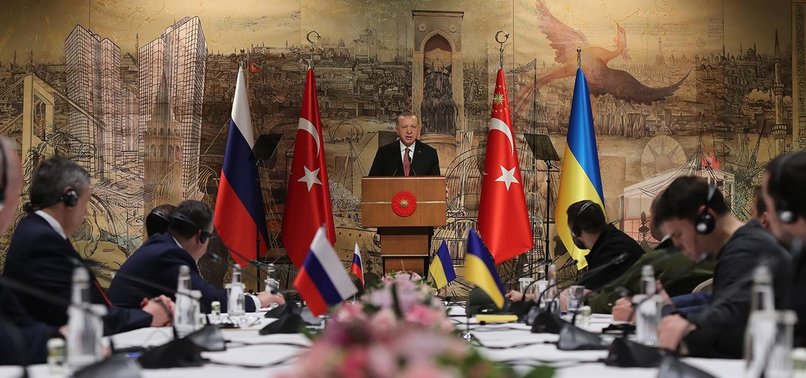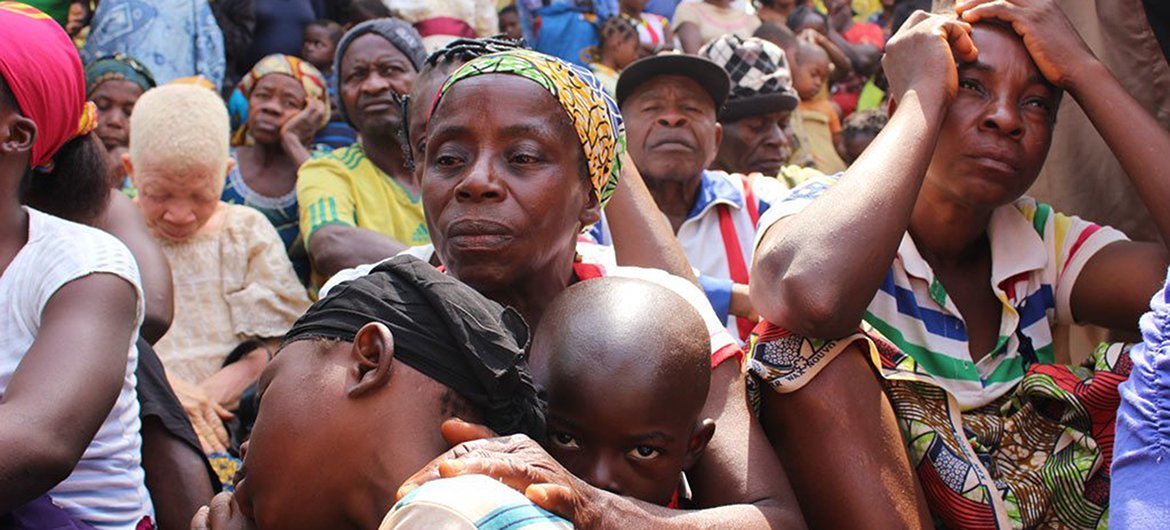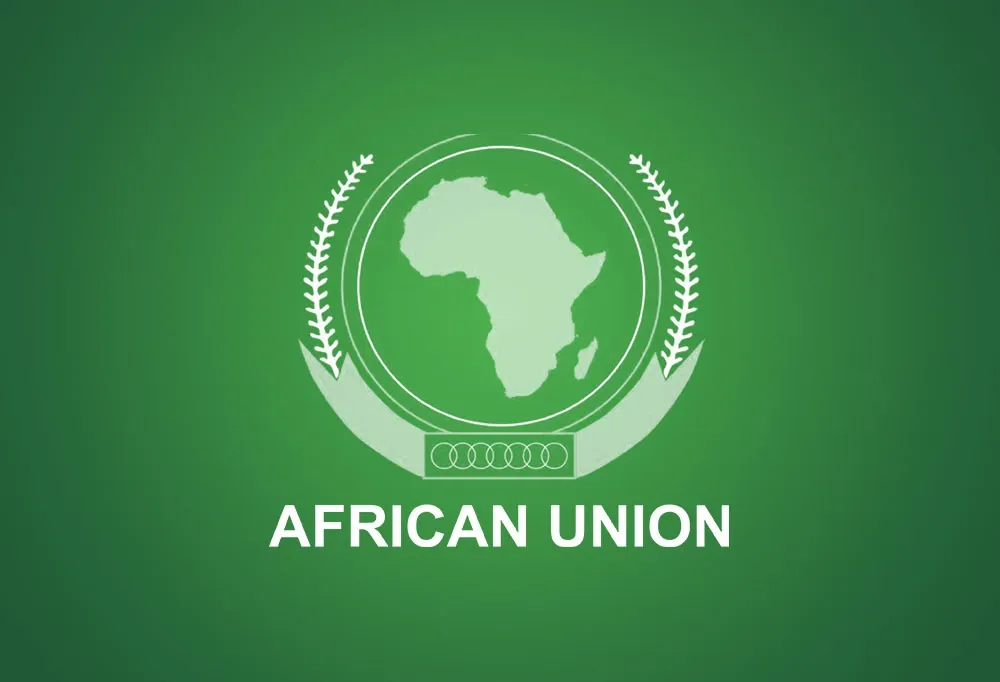When Russia and Ukraine sat down for peace talks earlier this year, the world watched with hope. Now, as a third round approaches, expectations have cooled.
With mismatched timelines and clashing demands, even the Kremlin itself admits that “miraculous breakthroughs” are unlikely. As the battlefield grinds on, is hope for a ceasefire dimming?
SAME TABLE, DIFFERENT DATES?
Though both sides agreed to resume talks in Istanbul, Türkiye, they haven’t quite agreed on the exact date, given conflicting reports.
Ukrainian President Volodymyr Zelensky announced on Monday that a newly appointed delegation will meet with the Russian side on Wednesday and is “preparing for a prisoner exchange.”
But on the very same day, Russia’s state news agency TASS reported a different timeline, saying the talks were set for Thursday. “The meeting is scheduled for July 24. The delegations may arrive in Istanbul on July 23,” it reported, citing an anonymous source.
While the previous two rounds of talks in Istanbul — on May 16 and June 2 — led to the exchange of thousands of war prisoners and the bodies of dead soldiers, they yielded little progress on reaching a ceasefire.
Meanwhile, the Kremlin downplayed expectations for the upcoming meeting. “We don’t have any reason to hope for some miraculous breakthroughs,” Kremlin spokesman Dmitry Peskov said Tuesday, calling such outcomes “hardly possible in the current situation.”
Russia intends to “pursue our interests, we intend to ensure our interests and fulfill the tasks that we set for ourselves from the very beginning,” he noted.
STILL TALKING, STILL DIVIDED?
Peskov also said that Moscow and Kiev are “diametrically opposed” in their positions on how to end the conflict, noting that “much work” still needs to be done.
Following the last round of peace talks, Russian President Vladimir Putin said the blueprints for a peace deal shared by the two sides were “absolutely contradictory memorandums.”
As Russia demands Ukrainian neutrality, a pledge to stay out of military alliances, and international recognition of Crimea, Luhansk, Donetsk, Zaporizhzhia and Kherson as Russian territories, Ukraine’s memorandum noted the country is “not forced to be neutral.”
“It can choose to be part of the Euro-Atlantic community and move towards EU membership. Ukraine’s membership in NATO depends on consensus within the Alliance,” it said.
U.S. President Donald Trump’s recent threat appears to have had little impact on Moscow.
Promising to end the conflict on day one of his second term, Trump told the BBC last week that he is “disappointed” with his Russian counterpart, warning that he would impose 100 percent secondary tariffs on countries trading with Russia if Moscow fails to sign a ceasefire deal within 50 days.
In response, the Kremlin dismissed the “ultimatum” as “unacceptable.”
Russian Deputy Foreign Minister Sergei Ryabkov said the country’s “special military operations” in Ukraine will continue if “political and diplomatic work” stalls.
“This is an unshakable position. We would like Washington and NATO as a whole to take it with the utmost seriousness,” Ryabkov added.
TALKS AHEAD, DRONES ABOVE?
Hours after Zelensky announced the upcoming talks, Russia launched a wave of missile and drone strikes on Ukraine overnight, killing at least two people and injuring 15.
“Throughout the night, Russia launched more than 420 drones and over 20 missiles, including ballistic ones. The waves of attacks lasted all night and continued into the morning,” Zelensky wrote on social platform X. “That is why we must continue scaling up our interceptor capabilities. This is the kind of solution that can protect us from massive attacks.”
The Ukrainian president announced last week that his government will ramp up domestic arms production to meet half the country’s military needs within six months. He added that Ukraine has also developed its own long-range drones to strike deep inside Russia.
Meanwhile, Switzerland said last Thursday that the U.S. Defense Department informed it of plans to “reprioritize the delivery of Patriot systems to support Ukraine” in response to Russian strikes.
U.S. Ambassador to NATO Matthew Whitaker said, “The plan is that there will be American-made defense equipment, capabilities, that will be sold to our European allies, that they will provide to Ukraine,” without giving a timeframe for the weapons deliveries.
The Kremlin has repeatedly criticized NATO’s weapons support to Ukraine.
“Basically, weapons supplies don’t go towards peace but to prolonging the ongoing conflict,” Russian Deputy Foreign Minister Alexander Grushko said earlier this month. Enditem
Source: Xinhua
Share Us



